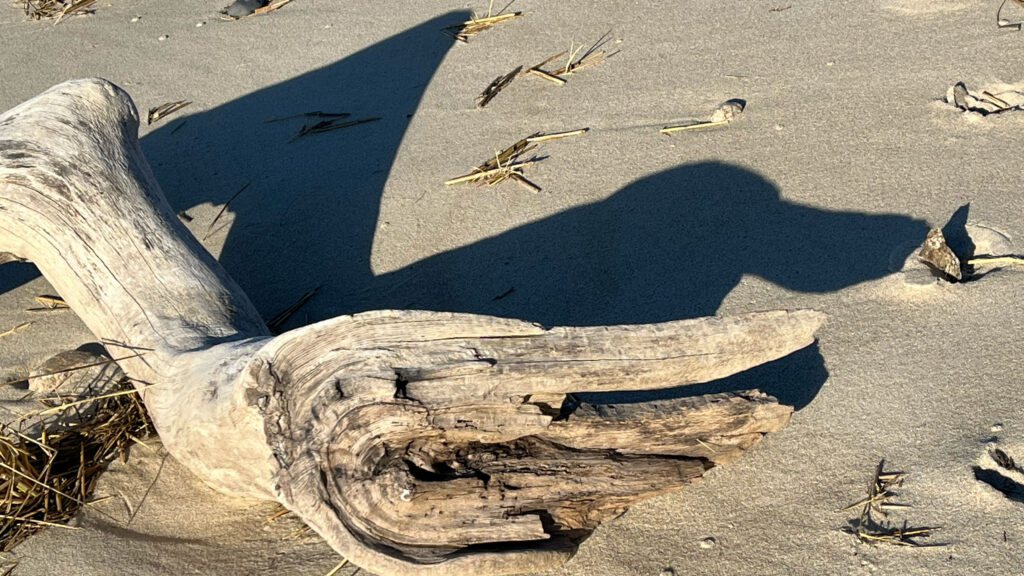We Light a Candle and Ask Ourselves Two Questions
The Examen
“For many years, we have ended each day the same way. We light a candle, become aware of God’s loving presence, and take about five minutes of quiet while we each ask ourselves two questions.
For what moment today am I most grateful? For what moment am I least grateful?
There are many other ways to ask the same questions:
When did I give and receive the most love today? When did I give and receive the least love today?
When did I feel the most alive today? When did I most feel life draining out of me?
When did I have the greatest sense of belonging to myself, others, God and the universe? When did I have the least sense of belonging?
When was I happiest today? When was I saddest?
What was today’s high point? What was today’s low point?
Then we share these two moments with each other. Usually the entire process takes about twenty minutes. When we are very sleepy, we can easily finish in ten. We call this process the Examen.
[…] Everyday Experience is Divine Revelation
St. Ignatius wrote The Spiritual Exercises, which have guided retreatants for centuries. The Exercises begin by recommending that everyone be taught the Examen. […] He expected that God would speak through our deepest feelings and yearnings, what he called ‘consolation’ and ‘desolation.’ For us, consolation is whatever helps us connect with ourselves, others, God and the universe. Desolation is whatever disconnects us. Ignatius recommended returning to our deepest moments of consolation and desolation. We do this because […] experience is the best teacher.
[…] One reason we light a candle when we do the Examen is because the candle’s flame symbolizes the light of divine revelation in our everyday experience. The gratitude questions we use are simply one way of discovering the day’s consolation and desolation, the interior movements through which divine revelation unfolds.
[…] Examen Process Preparation: You may wish to light a candle. Do whatever helps you to experience unconditional love. For example, imagine yourself in a favorite place with someone whose love you trust, such as a friend, Jesus or God as you understand God. Put your feet flat on the floor, take a few deep breaths from the bottom of your toes, up through your legs, your abdominal muscles and your chest. Breathe in that unconditional love, and when you breathe out, fill the space around you with it.
1. Place your hand on your heart and ask Jesus or God as you understand God to bring to your heart the moment today for which you are most grateful. If you could relive one moment, which one would it be? When were you most able to give and receive love today?
Ask yourself what was said and done in that moment that made it so special. Breathe in the gratitude you felt and receive life again from that moment.
2. Ask God to bring to your heart the moment today for which you are least grateful. When were you least able to give and receive love?
Ask yourself what was said and done in that moment that made it so difficult. Be with whatever you feel without trying to change or fix it in any way. You may wish to take deep breaths and let God’s love fill you just as you are.
3. Give thanks for whatever you have experienced. If possible, share as much as you wish of these two moments with a friend.”
— Dennis Linn, Sheila Fabricant Linn, Matthew Linn, 1995
Sleeping with Bread: Holding What Gives You Life

Reader Reflections
What spiritual exercises do you find nourishing?
Noticing is one of the keys for me. Whether I'm stressed or joyful, recognizing how the Divine manifests, particularly if it's in interesting or unusual ways, nourishes my whole being. Today I noticed an interesting shadow (photo above). Shadow is such a rich and deep spiritual subject to ponder.
-Rachel C-H, Dennis, MA, USA
I am a 66-year-old who has been blessed with amazingly good health most of my life. Always when any ailment hit me I was confident that if I ignored it, it would go away. And it did! However, since turning 60 I'm aware this practice, this habit, no longer works so well. Therefore, I am aware that if I am to look after this temple-of-my-body (1 Corinthians 6:19-20) then I need to be more disciplined in caring for my physical self. My life's journey from being a militant, evangelising, tub-thumping atheist to someone who treasures his fear of God as a wonderful and guiding, constant companion has been a gift spiritually and mentally. The very least I can do is look after the physical gift of my body that I journey with a little better.
-David T., Bassendean, Western Australia, Australia
Next Week’s Query
How have your relationships with other people shaped your spirituality?

This Week’s Messages
Today I Went Noticing…
Images Are a Primary Language For the Soul
A Nature as Compassionate as God’s Own
Meditative Drawing Practice
The Spirituality of Togetherness
Searching for Treasure











